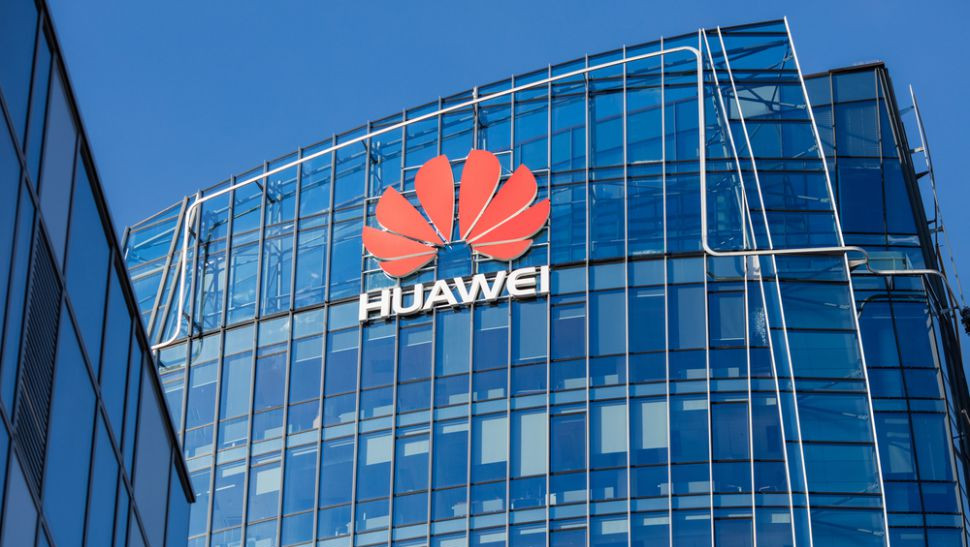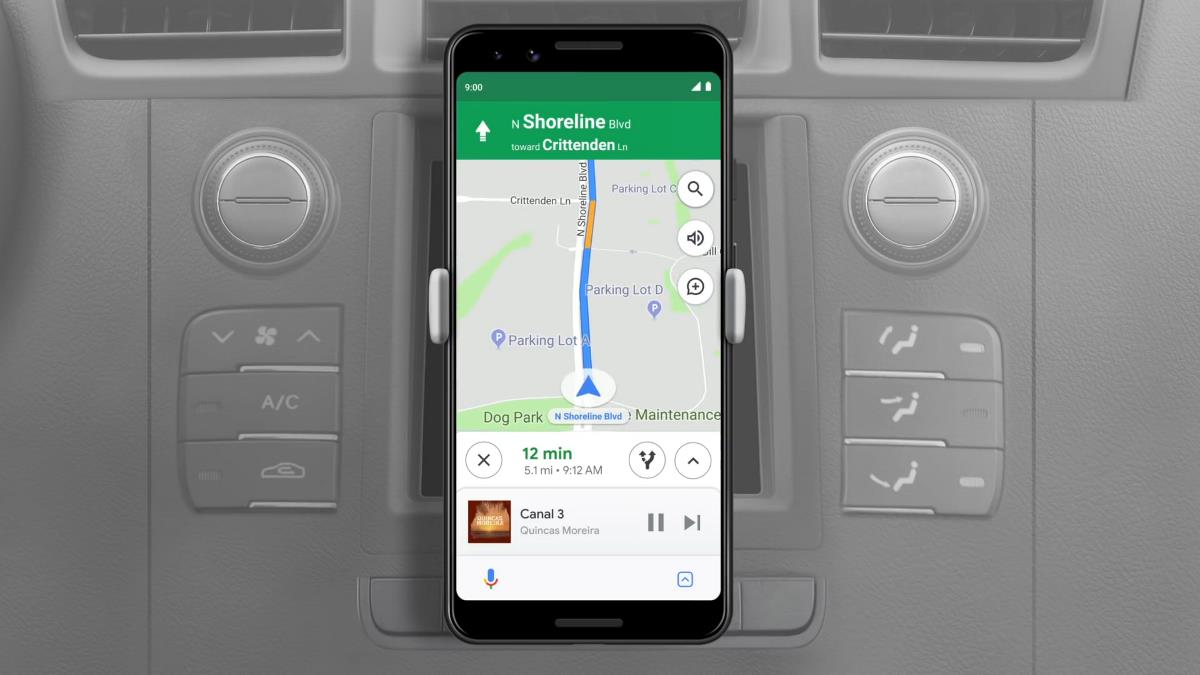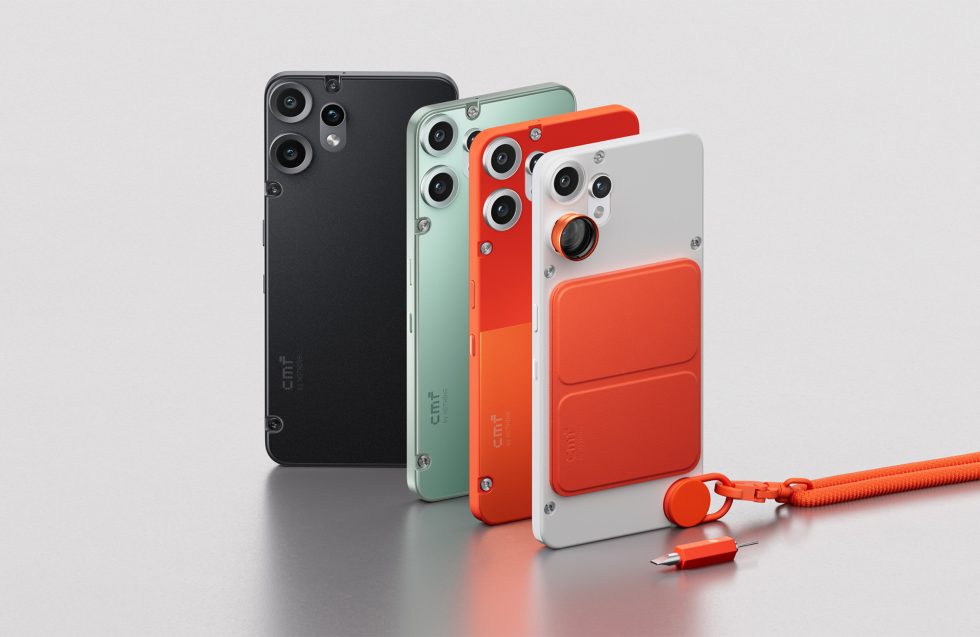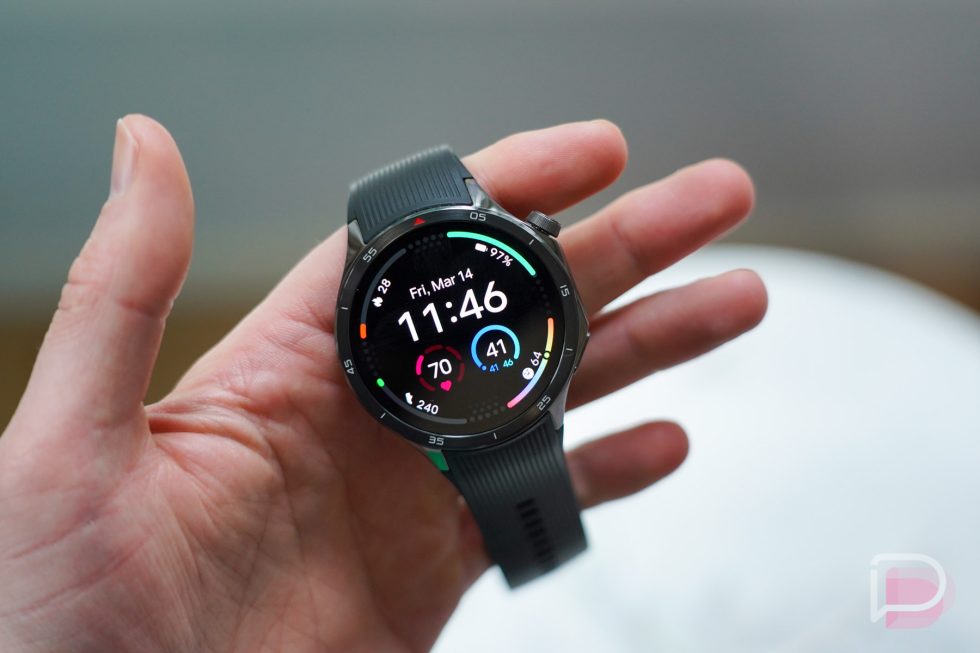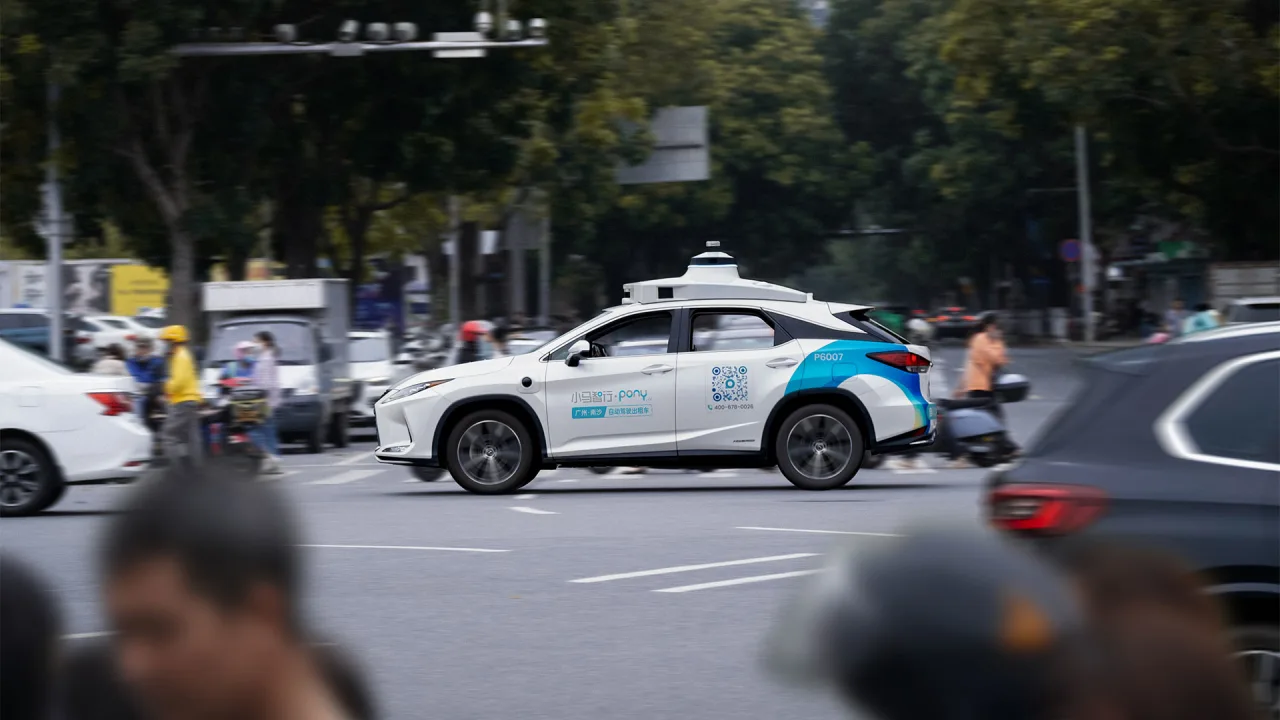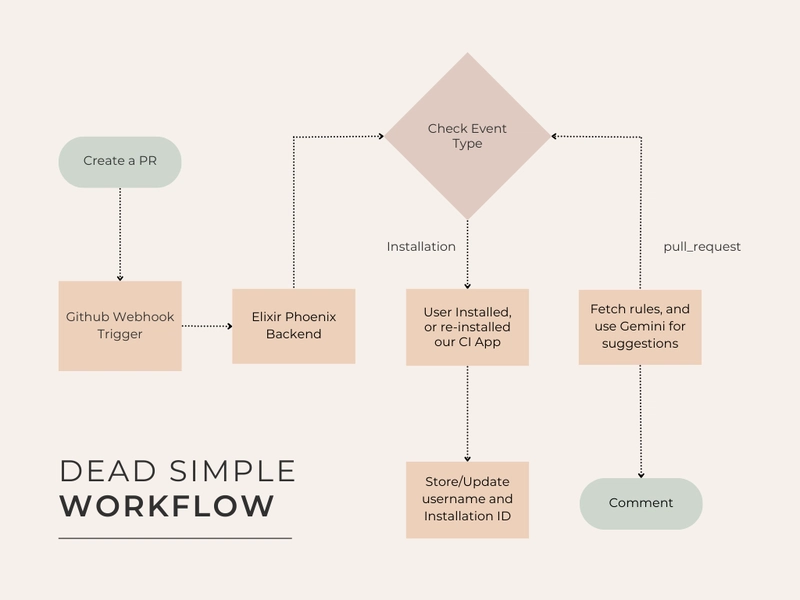The Impact of AI on Retail Shopping Experiences
AI is no longer a futuristic concept in the retail world—it's at the heart of how we shop today. Whether you’re buying groceries, fashion, or electronics, chances are your experience is being shaped in real-time by artificial intelligence. But what exactly is AI doing behind the scenes? And what benefits of AI in retail are truly making a difference for both shoppers and businesses? Let’s explore. Why Is AI Reshaping the Retail Landscape? AI is changing the very core of how retailers operate and how consumers interact with products. It helps brands understand shopper behavior, optimize stock, improve service, and deliver personalized experiences across physical and digital channels. And the shift isn’t subtle. According to Accenture, 75% of retail executives believe generative AI is key to future revenue growth. So, what does that look like in action? Impact of AI in Retail in 2025 Personalized Shopping That Feels Made for You Personalization of shopping experiences is one of the most significant changes brought to the shopping industry by AI. AI like Glance AI shopping analyzes your preferences, past purchases, and browsing patterns to deliver hyper-personalized recommendations. AI-Powered Virtual Assistants and Chatbots Tired of endless searching or waiting for customer support? AI-driven chatbots and virtual shopping assistants are here to help. Available 24/7, they: Answer product-related questions Provide personalized suggestions Help resolve issues instantly Frictionless Checkout and Smart Stores Imagine picking up your items and walking out of the store—no lines, no scanning. That’s not a dream, it’s AI. Cashierless stores, like Amazon Go, use AI-powered sensors and computer vision to make seamless, no-stop checkouts possible. Even in traditional retail, AI-driven self-checkouts and mobile POS solutions are speeding things up and reducing errors. Real-Time In-Store Personalization AI doesn’t stop at online shopping. In physical stores, AI-powered sensors and beacons can track shopper movements and send relevant offers straight to their devices. Imagine getting a discount notification for a jacket you're eyeing—right as you walk by it. That’s AI delivering value at the moment. Retailers use this tech to create engaging in-store journeys that feel more digital, intuitive, and personalized. Smarter Inventory and Supply Chain Operations Behind the scenes, AI is transforming how inventory is managed. By analyzing demand trends, weather, location-specific data, and even social media chatter, AI ensures popular products stay stocked and excess inventory is minimized. Walmart uses AI analytics to track goods from farm to shelf—improving availability and cutting delivery delays. This is one of the most crucial but invisible benefits of AI in retail, keeping the customer promise intact. ** AI That Drives Revenue Growth** AI isn’t just a support tool—it’s a sales engine. From upselling and cross-selling to automated marketing campaigns, AI helps increase average order value and lifetime customer loyalty. Retailers are seeing higher conversions thanks to recommendation engines and predictive insights. Consumers Are Embracing AI in Retail Both consumers and retailers believe AI has potential to make shopping easier, drive stronger brand reputations and improve the shopping experience for both shoppers and sellers. The growing trust reflects a shift in expectation: smart shopping is becoming the norm. Key Benefits of AI in Retail The rise of AI in retail isn’t just about cool tech—it’s solving real problems, improving margins, and elevating customer experiences. Here's what retailers and shoppers are gaining: 1. Hyper-Personalization at Scale AI delivers 1:1 shopping experiences to millions, tailoring products, offers, and content based on individual behaviors and preferences. 2. Smarter Inventory Decisions AI helps predict demand accurately, reducing overstock and stockouts. This minimizes costs and ensures the right products are available at the right time. 3. Faster, Frictionless Experiences Whether it’s instant search suggestions, smart chatbots, or cashierless stores—AI removes friction from every touchpoint, making shopping quicker and easier. 4. Improved Customer Support Virtual assistants powered by AI can handle multiple queries 24/7, reducing wait times and increasing customer satisfaction without additional manpower. 5. Higher Conversions and Revenue AI boosts sales through better product discovery, upselling, personalized emails, and dynamic pricing—turning browsers into loyal buyers. 6. Operational Efficiency From supply chain logistics to store layout optimization, AI drives operational excellence—freeing up time and resources for strategic focus. 7. Data-Driven Decision Making AI makes sense of complex data streams, giving retailers actionable insights into trends, pricing, customer behavior, and competitive movement. Wrap Up Th
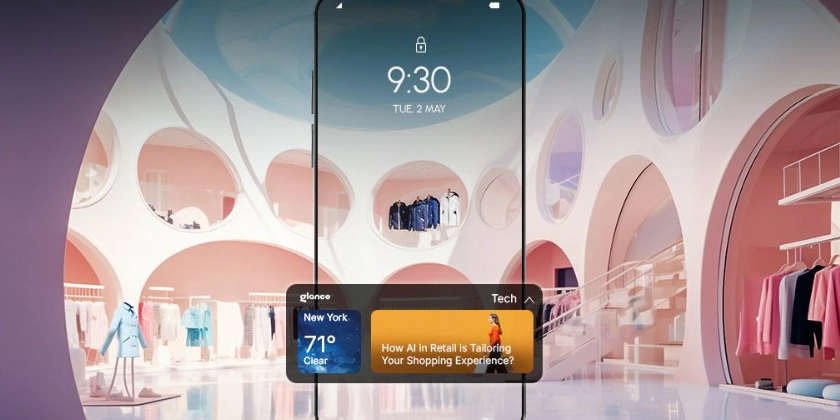
AI is no longer a futuristic concept in the retail world—it's at the heart of how we shop today. Whether you’re buying groceries, fashion, or electronics, chances are your experience is being shaped in real-time by artificial intelligence.
But what exactly is AI doing behind the scenes? And what benefits of AI in retail are truly making a difference for both shoppers and businesses?
Let’s explore.
Why Is AI Reshaping the Retail Landscape?
AI is changing the very core of how retailers operate and how consumers interact with products. It helps brands understand shopper behavior, optimize stock, improve service, and deliver personalized experiences across physical and digital channels.
And the shift isn’t subtle. According to Accenture, 75% of retail executives believe generative AI is key to future revenue growth.
So, what does that look like in action?
Impact of AI in Retail in 2025
Personalized Shopping That Feels Made for You
Personalization of shopping experiences is one of the most significant changes brought to the shopping industry by AI.
AI like Glance AI shopping analyzes your preferences, past purchases, and browsing patterns to deliver hyper-personalized recommendations.
AI-Powered Virtual Assistants and Chatbots
Tired of endless searching or waiting for customer support?
AI-driven chatbots and virtual shopping assistants are here to help. Available 24/7, they:
Answer product-related questions
Provide personalized suggestions
Help resolve issues instantly
Frictionless Checkout and Smart Stores
Imagine picking up your items and walking out of the store—no lines, no scanning.
That’s not a dream, it’s AI.
Cashierless stores, like Amazon Go, use AI-powered sensors and computer vision to make seamless, no-stop checkouts possible.
Even in traditional retail, AI-driven self-checkouts and mobile POS solutions are speeding things up and reducing errors.
Real-Time In-Store Personalization
AI doesn’t stop at online shopping.
In physical stores, AI-powered sensors and beacons can track shopper movements and send relevant offers straight to their devices.
Imagine getting a discount notification for a jacket you're eyeing—right as you walk by it. That’s AI delivering value at the moment.
Retailers use this tech to create engaging in-store journeys that feel more digital, intuitive, and personalized.
Smarter Inventory and Supply Chain Operations
Behind the scenes, AI is transforming how inventory is managed.
By analyzing demand trends, weather, location-specific data, and even social media chatter, AI ensures popular products stay stocked and excess inventory is minimized.
Walmart uses AI analytics to track goods from farm to shelf—improving availability and cutting delivery delays.
This is one of the most crucial but invisible benefits of AI in retail, keeping the customer promise intact.
** AI That Drives Revenue Growth**
AI isn’t just a support tool—it’s a sales engine.
From upselling and cross-selling to automated marketing campaigns, AI helps increase average order value and lifetime customer loyalty.
Retailers are seeing higher conversions thanks to recommendation engines and predictive insights.
Consumers Are Embracing AI in Retail
Both consumers and retailers believe AI has potential to make shopping easier, drive stronger brand reputations and improve the shopping experience for both shoppers and sellers.
The growing trust reflects a shift in expectation: smart shopping is becoming the norm.
Key Benefits of AI in Retail
The rise of AI in retail isn’t just about cool tech—it’s solving real problems, improving margins, and elevating customer experiences. Here's what retailers and shoppers are gaining:
1. Hyper-Personalization at Scale
AI delivers 1:1 shopping experiences to millions, tailoring products, offers, and content based on individual behaviors and preferences.
2. Smarter Inventory Decisions
AI helps predict demand accurately, reducing overstock and stockouts. This minimizes costs and ensures the right products are available at the right time.
3. Faster, Frictionless Experiences
Whether it’s instant search suggestions, smart chatbots, or cashierless stores—AI removes friction from every touchpoint, making shopping quicker and easier.
4. Improved Customer Support
Virtual assistants powered by AI can handle multiple queries 24/7, reducing wait times and increasing customer satisfaction without additional manpower.
5. Higher Conversions and Revenue
AI boosts sales through better product discovery, upselling, personalized emails, and dynamic pricing—turning browsers into loyal buyers.
6. Operational Efficiency
From supply chain logistics to store layout optimization, AI drives operational excellence—freeing up time and resources for strategic focus.
7. Data-Driven Decision Making
AI makes sense of complex data streams, giving retailers actionable insights into trends, pricing, customer behavior, and competitive movement.
Wrap Up
The benefits of AI in retail go beyond convenience. From personalized recommendations to faster checkout and smarter inventory—AI is enhancing both shopper satisfaction and business performance.
But here’s a question worth asking:
As AI becomes more embedded in retail, what will the “human” side of shopping look like?
Retailers who get the balance right—between automation and authenticity—will lead the next wave of innovation.
Because in the future of retail, smart doesn’t mean less personal—it means more.
























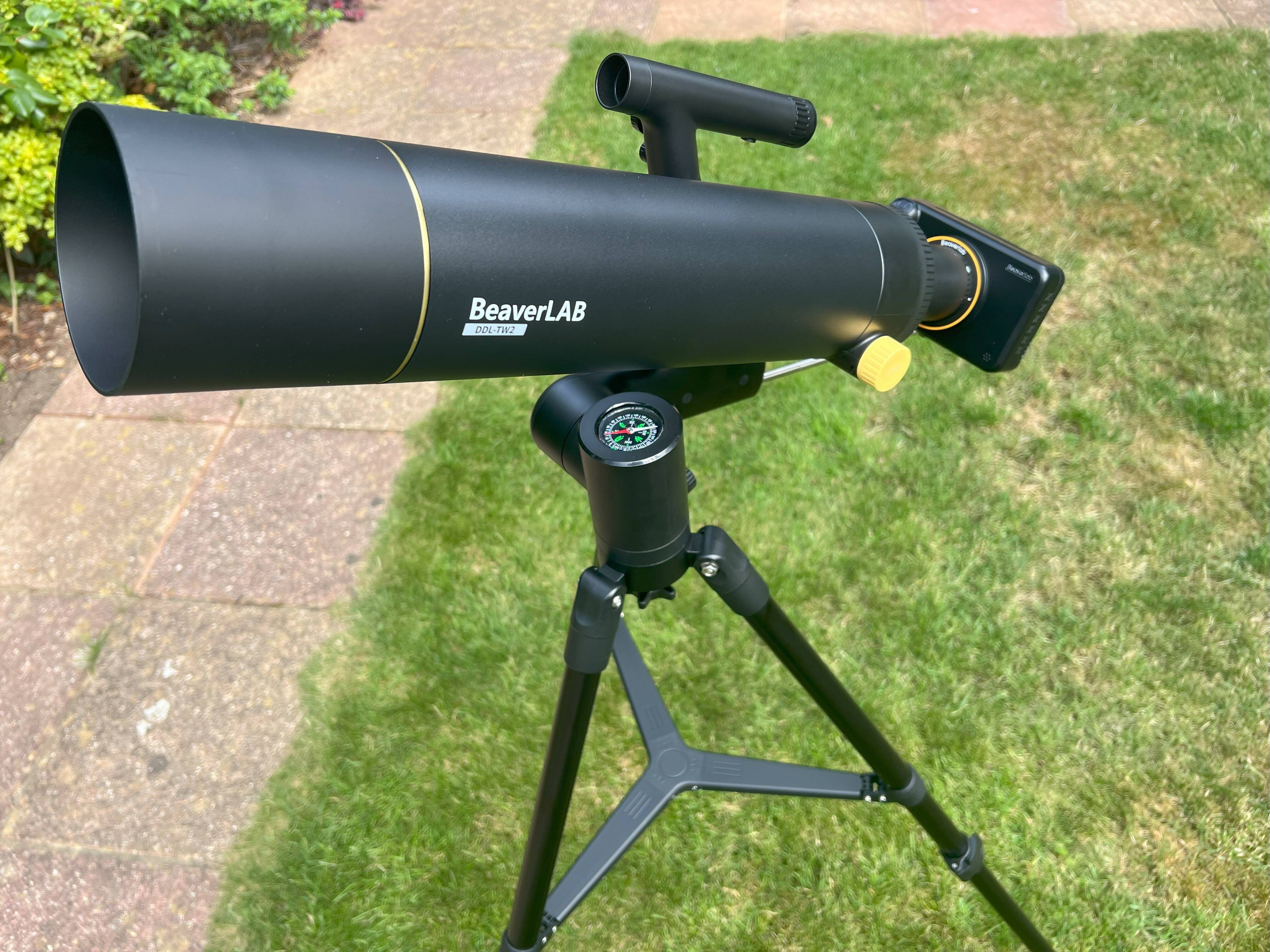









































































































































![[The AI Show Episode 143]: ChatGPT Revenue Surge, New AGI Timelines, Amazon’s AI Agent, Claude for Education, Model Context Protocol & LLMs Pass the Turing Test](https://www.marketingaiinstitute.com/hubfs/ep%20143%20cover.png)




























































































































































































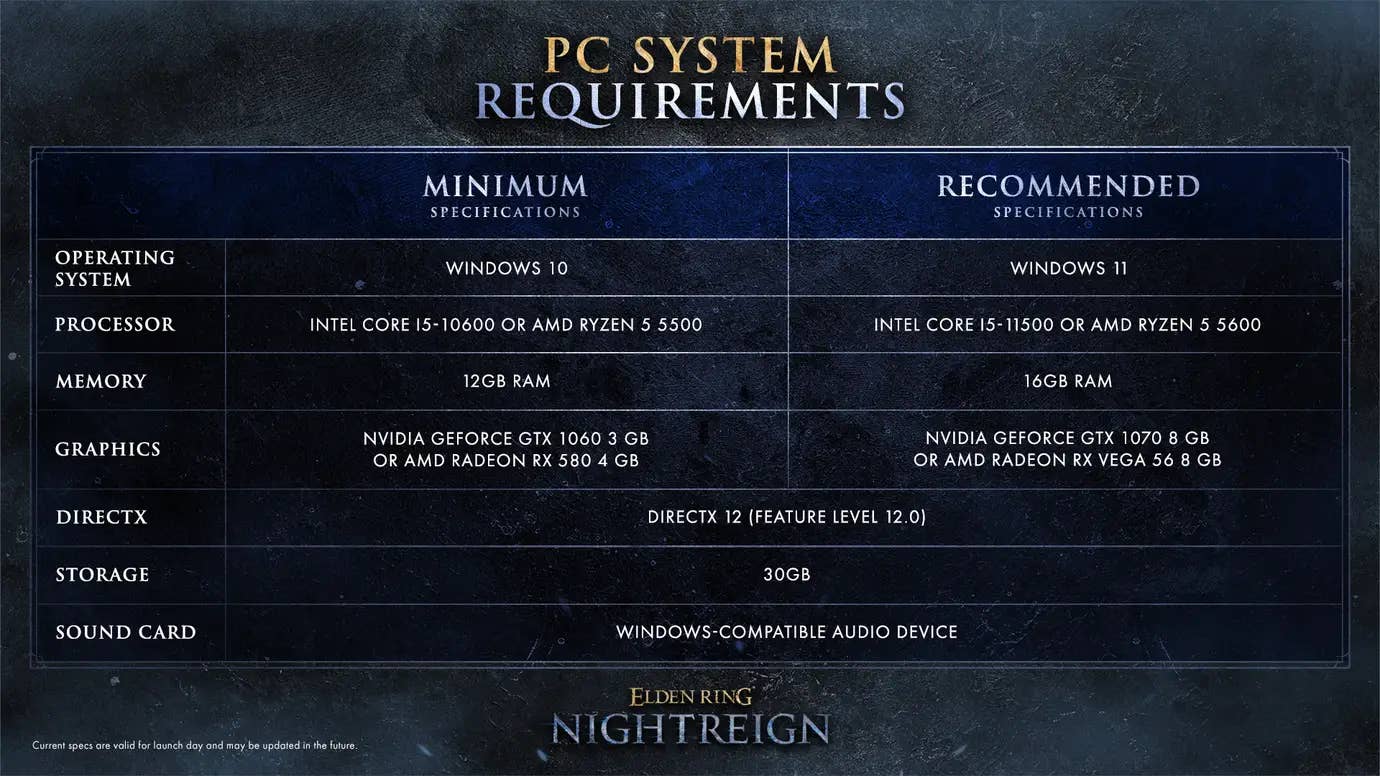

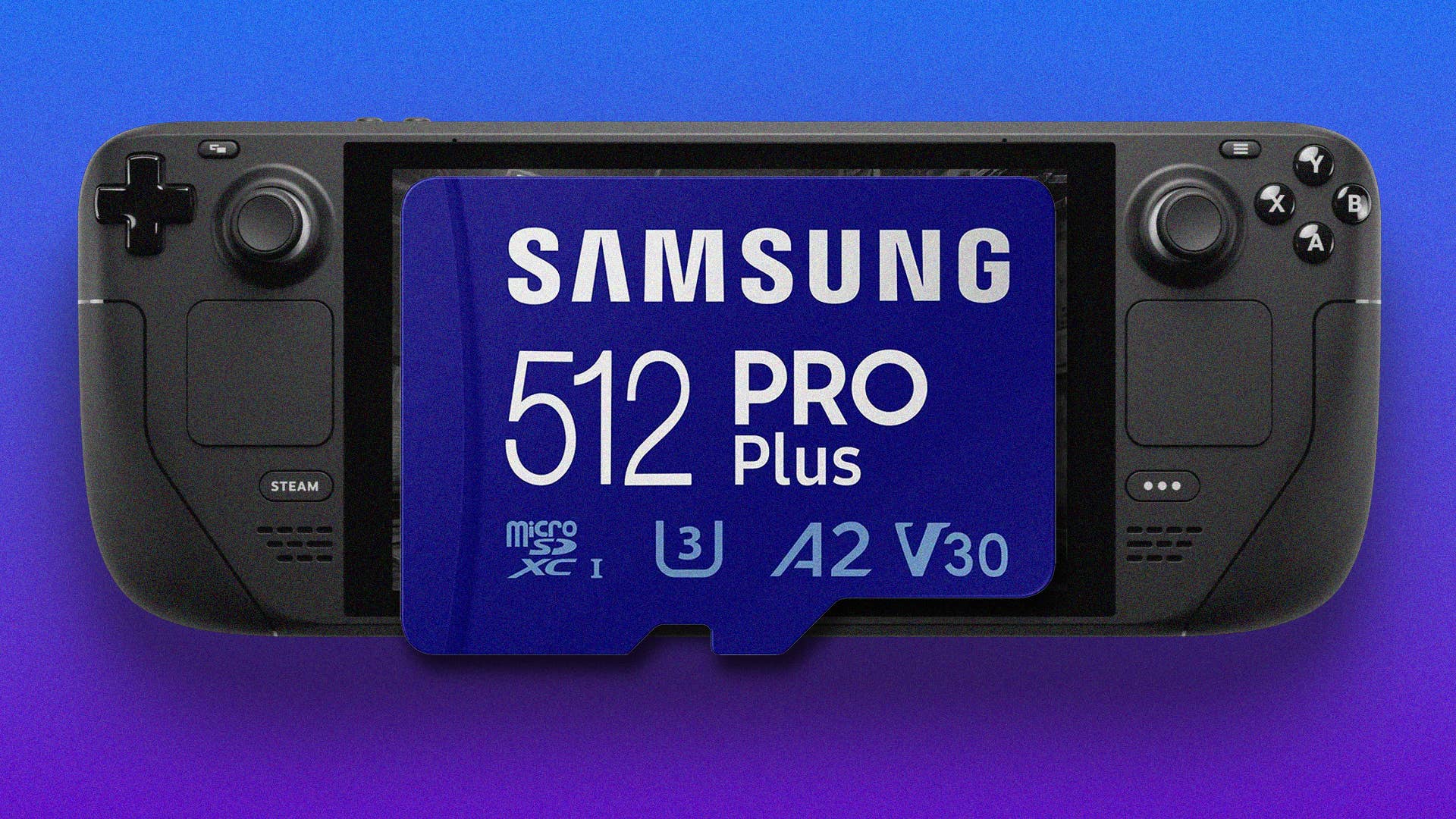












































































_Muhammad_R._Fakhrurrozi_Alamy.jpg?width=1280&auto=webp&quality=80&disable=upscale#)
_NicoElNino_Alamy.jpg?width=1280&auto=webp&quality=80&disable=upscale#)




















































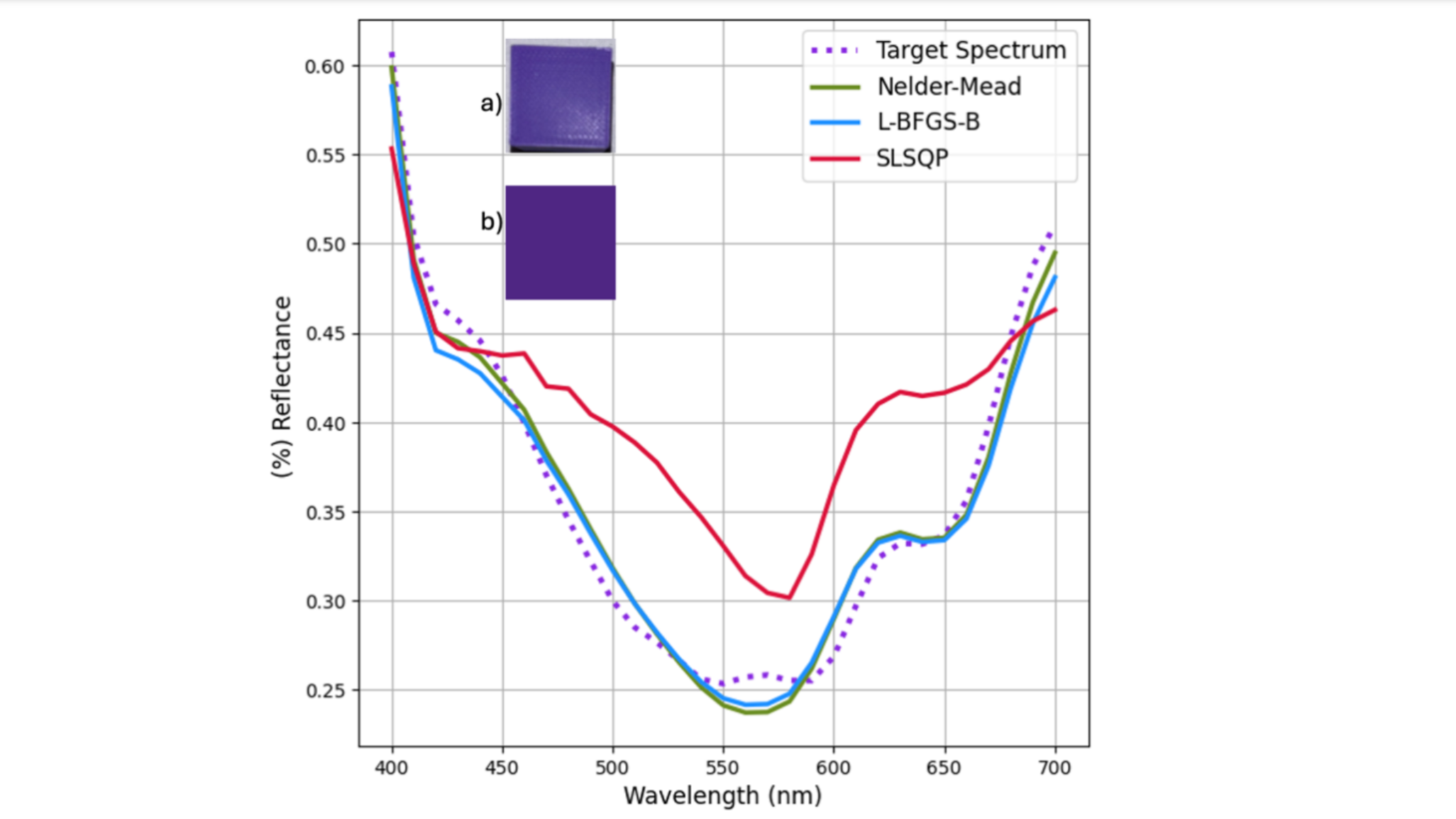





























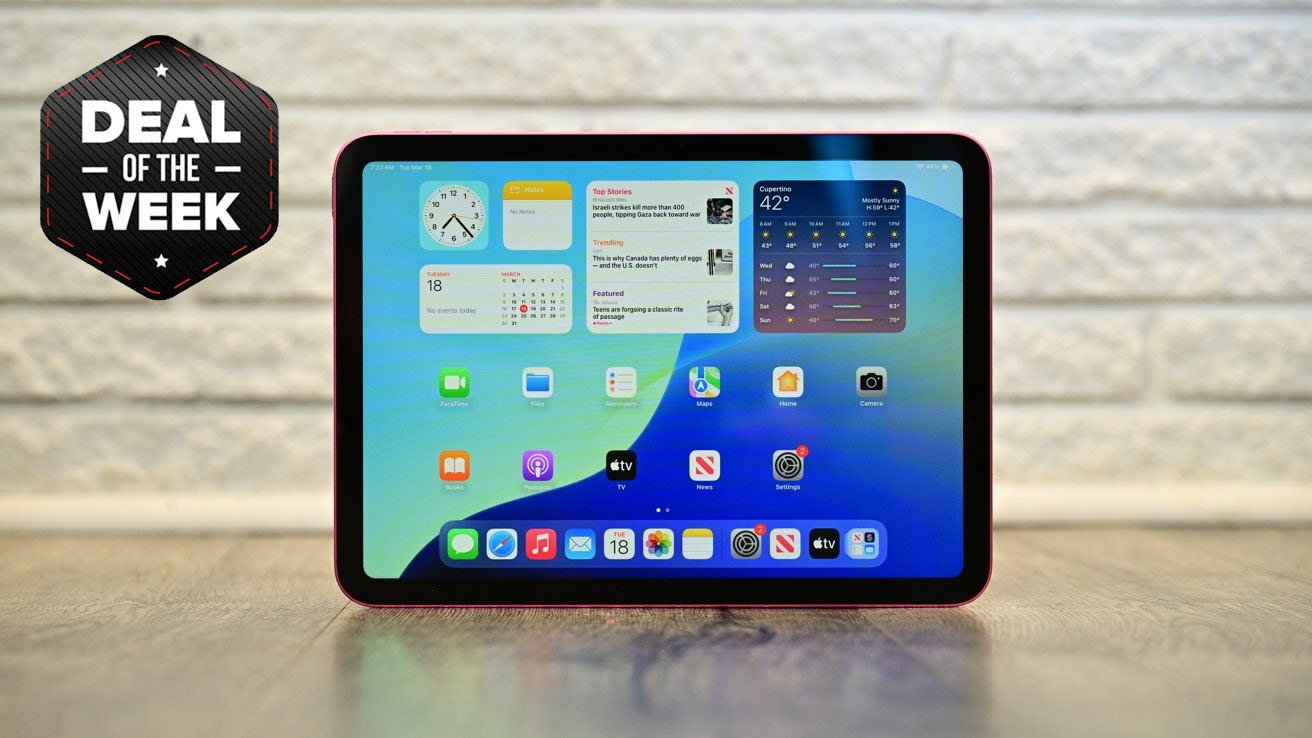

























![AirPods Pro 2 With USB-C Back On Sale for Just $169! [Deal]](https://www.iclarified.com/images/news/96315/96315/96315-640.jpg)
![Apple Releases iOS 18.5 Beta 4 and iPadOS 18.5 Beta 4 [Download]](https://www.iclarified.com/images/news/97145/97145/97145-640.jpg)
![Apple Seeds watchOS 11.5 Beta 4 to Developers [Download]](https://www.iclarified.com/images/news/97147/97147/97147-640.jpg)
![Apple Seeds visionOS 2.5 Beta 4 to Developers [Download]](https://www.iclarified.com/images/news/97150/97150/97150-640.jpg)
















